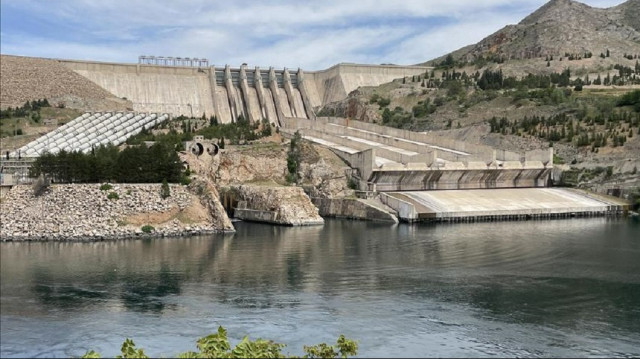
Beijing responds to India, Bangladesh concerns over $167.8B hydropower project in Tibet
China on Wednesday said the construction of what will become the world’s largest hydropower project in the southern Tibet region is “fully” within its “sovereignty.”
Responding to concerns raised by India and Bangladesh, Chinese Foreign Ministry spokesman Guo Jiakun said the project will not “adversely” affect downstream countries.
Last week, China began work on the massive hydropower project located in the remote Yarlung Zangbo River gorge in southwestern Tibet.
Once completed, the project is expected to help prevent and mitigate disasters along the entire Yarlung Zangbo River, the spokesman said.
Guo added that China is cooperating with downstream countries by sharing hydrological data and working on flood prevention and disaster reduction.
"We have had necessary communication with them on the project, and will continue enhancing cooperation for the benefit of all people along the river basin," he maintained.
China acts with a "high sense of responsibility in harnessing cross-border rivers, and has rich experience in hydropower projects, and the planning, design and construction of this newly announced project strictly follows the "highest national industrial standards," he further said.
"The project puts a lot of emphasis on all-round ecological conservation, stays away from multiple environmentally sensitive areas, and vows to preserve the original ecosystem to the largest extent possible," he went on to say.
When completed, the project is expected to generate 300 billion kilowatt-hours (kWh) of energy annually, which would be three times more than the world’s largest dam, Three Gorges, also in China, with a capacity of 88.2 billion kWh.
The project consists of five cascade hydropower stations, with a total investment estimated at around 1.2 trillion yuan (about $167.8 billion).
China views the project as essential to achieving its climate goals of peaking carbon emissions by 2030 and reaching carbon neutrality by 2060.







